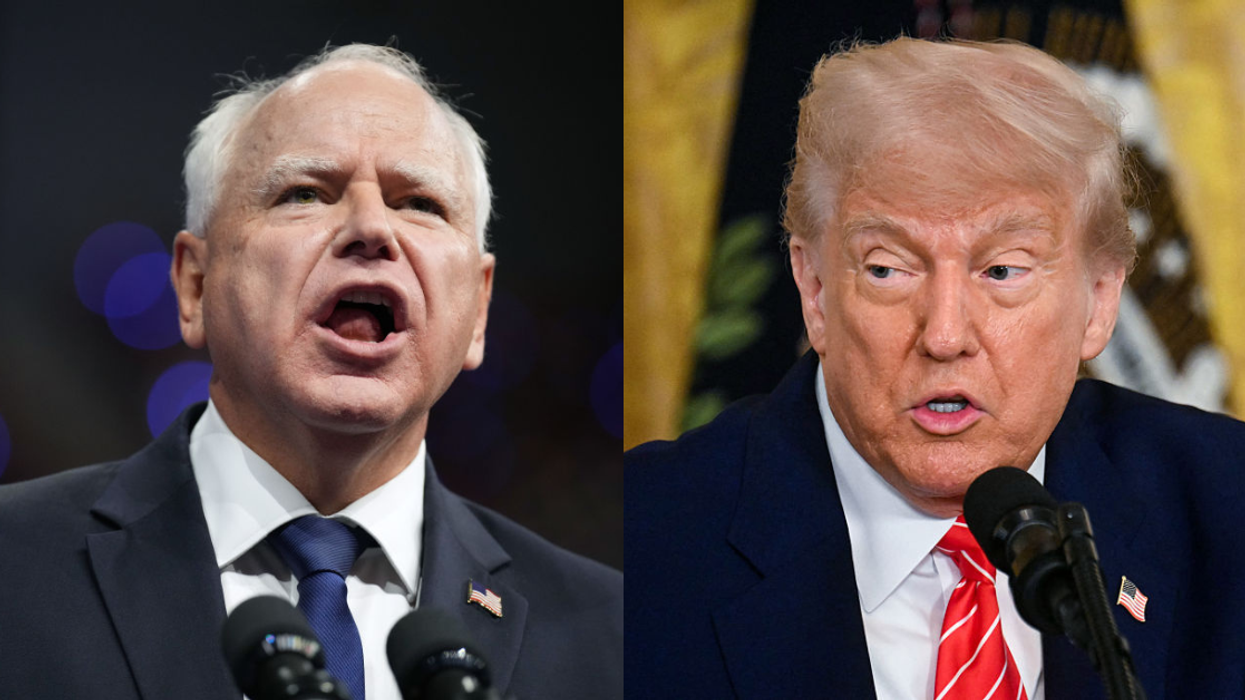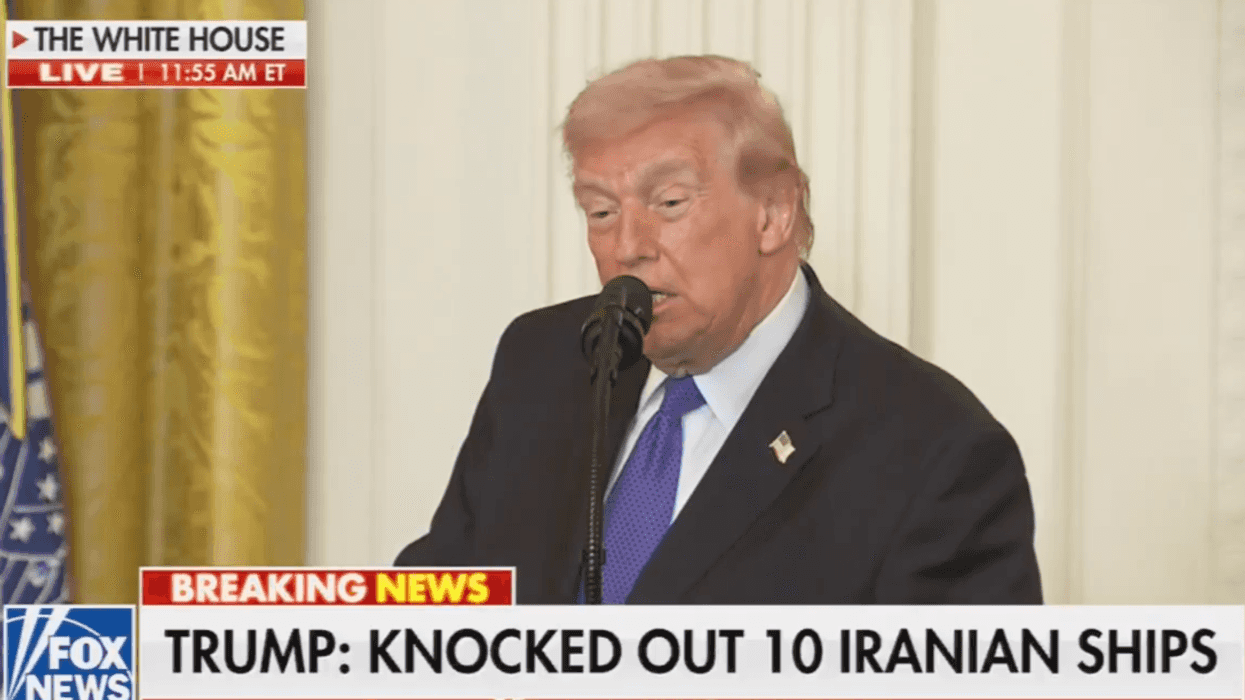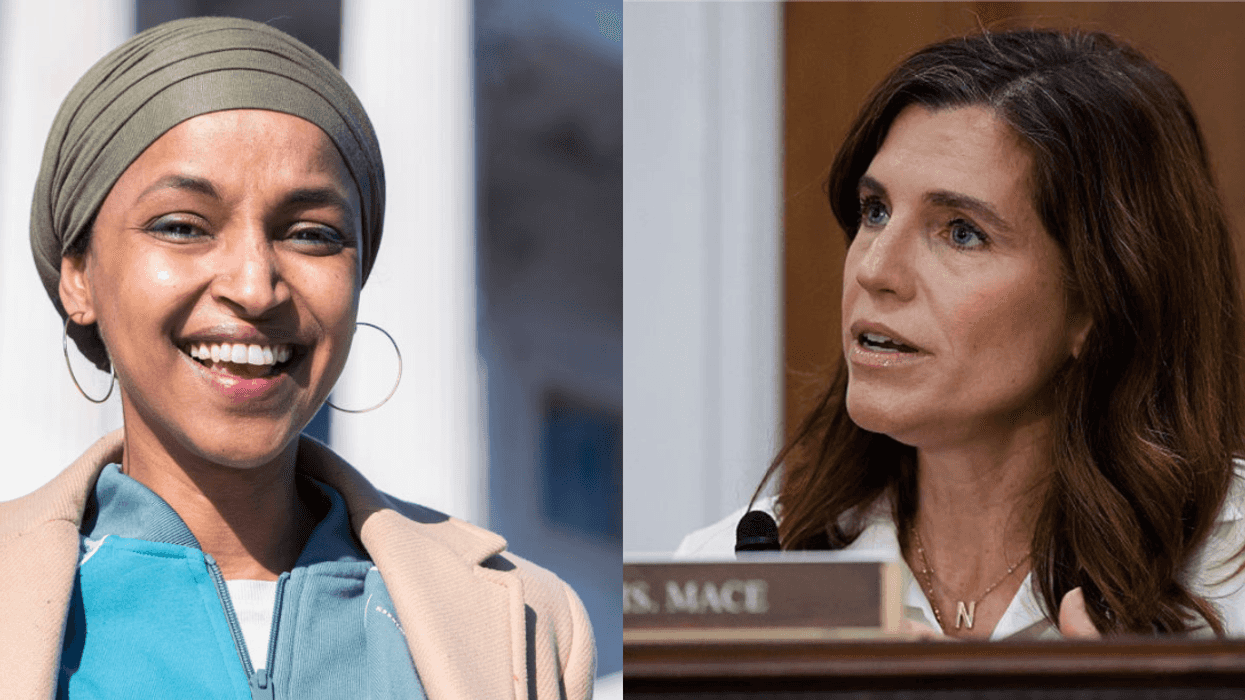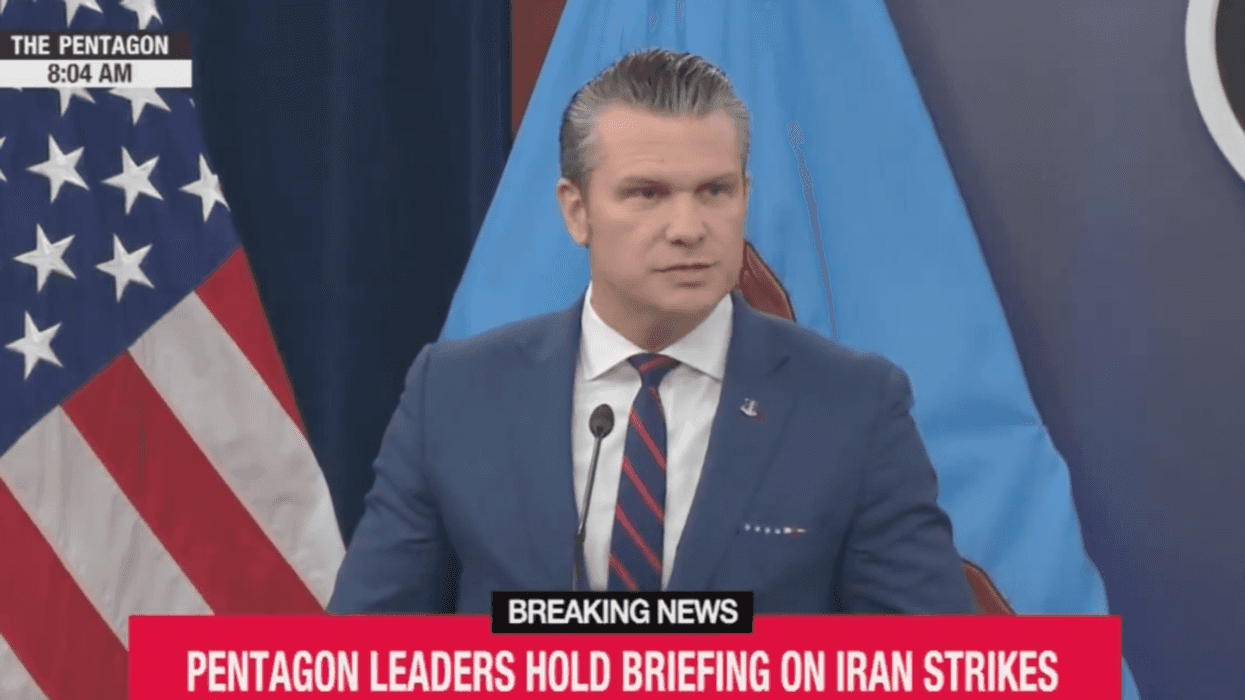Minnesota Governor Tim Walz criticized President Donald Trump during an interview with MSNBC host Jen Psaki, stressing just why the people who elected Trump to run the country "like a business" were completely misguided.
Walz particularly lamented the impacts of Trump's ongoing trade war with Canada and Mexico, noting that Trump has a history of scuttling deals and "a proven track record of being an absolute failure."
He said:
"The thing that drives me insane with Canada and Mexico is he's the guy who negotiated the deal and then he turns around and [scuttles it]. Two things about that are wrong. No, we don’t need to run government like a business because we’re not in the profit-making, we’re in [the business of] improving lives and looking toward the future."
"This guy has a proven track record of being an absolute failure. I think the opening for the Democrats is to work with the business community. My [state is] home to many large Fortune 500 companies that are put at risk by this."
"I'm calling people out on this. They need to stand up. He threatens them. He threatens universities. Thank goodness Harvard is standing up to them. But that's how he gets done."
"He doesn't get it done through competency. He doesn't get it done through results. He gets it done through fear and intimidation. ... I wish he could have been weirdly obsessed with pickleball rather than with tariffs. That's where he could spend his time but it's on this tariff thing that doesn't work."
You can hear what he said in the video below.
Walz is correct considering Trump's business track record is riddled with failures and questionable decisions.
Trump Shuttle Airlines folded within two years (with a crash in the early months), Trump Mortgage collapsed within a year after hiring an executive who had wildly inflated his credentials, and ventures like Trump Steaks, Trump Magazine, GoTrump.com, Trump The Game, and Trump Vodka all failed.
Trump University shut down after a $40 million lawsuit from New York’s attorney general, while multiple casino and hotel ventures—including Trump Taj Mahal, Trump Plaza Hotel, Trump Casino Resorts, and Trump Entertainment Resorts—ended in bankruptcy.
According to Forbes, Trump would be $400 million richer today if he had simply invested his inheritance into an S&P 500 index fund instead of running these businesses.
His companies have also been notorious for stiffing vendors—leaving contractors, small-business owners, and suppliers unpaid. Unsettled debts include $2.98 million for hotel repairs, $100,000 owed for pianos, $90 million in unpaid bills at the Taj Mahal, and $5 million in liens at his D.C. hotel.
Walz also called out Trump for saying that children may simply have to deal with having “two dolls instead of 30” as a result of his trade war.
The new tariffs are expected to trigger major shortages for both businesses and consumers. Online retailers like Temu have already responded with price increases and now show “import charges” at checkout, highlighting the tariff impact—sometimes doubling the original cost of an item.
This didn't seem to bother Trump, who last month said that "maybe the children will have two dolls instead of 30 dolls, and maybe the two dolls will cost a couple of bucks more than they would normally."
Walz finds that unacceptable:
"He told you he would end the war in Ukraine, he would bring prices down, eggs, and now telling people... When did government get to tell you how many dolls your child has?"
“Government — just big enough to fit in your bedroom, your womb and apparently now in your toy chest. It’s insane. It’s a command economy with him dictating, there’s no free market principles.”
You can hear what he said in the video below.
Many concurred with Walz's assessment.
Walz is also right to worry.
Major retailers like Walmart and Target have warned Trump that customers could soon face empty shelves and rising prices. Torsten Slok, chief economist at Apollo Management, has cautioned that the U.S. could face “COVID-like” shortages and widespread layoffs across sectors such as trucking, logistics, and retail.
Although Trump has recently signaled some flexibility on tariffs, experts say it may be too late to prevent a supply shock that could ripple through the economy into the holiday season.
Even if tensions ease, restarting transpacific trade carries its own risks: the freight industry has downsized to reflect lower demand, so a sudden surge in orders could overwhelm shipping networks, leading to costly delays—much like the chaos seen during the pandemic when container prices soared and ports were clogged with cargo ships.
















